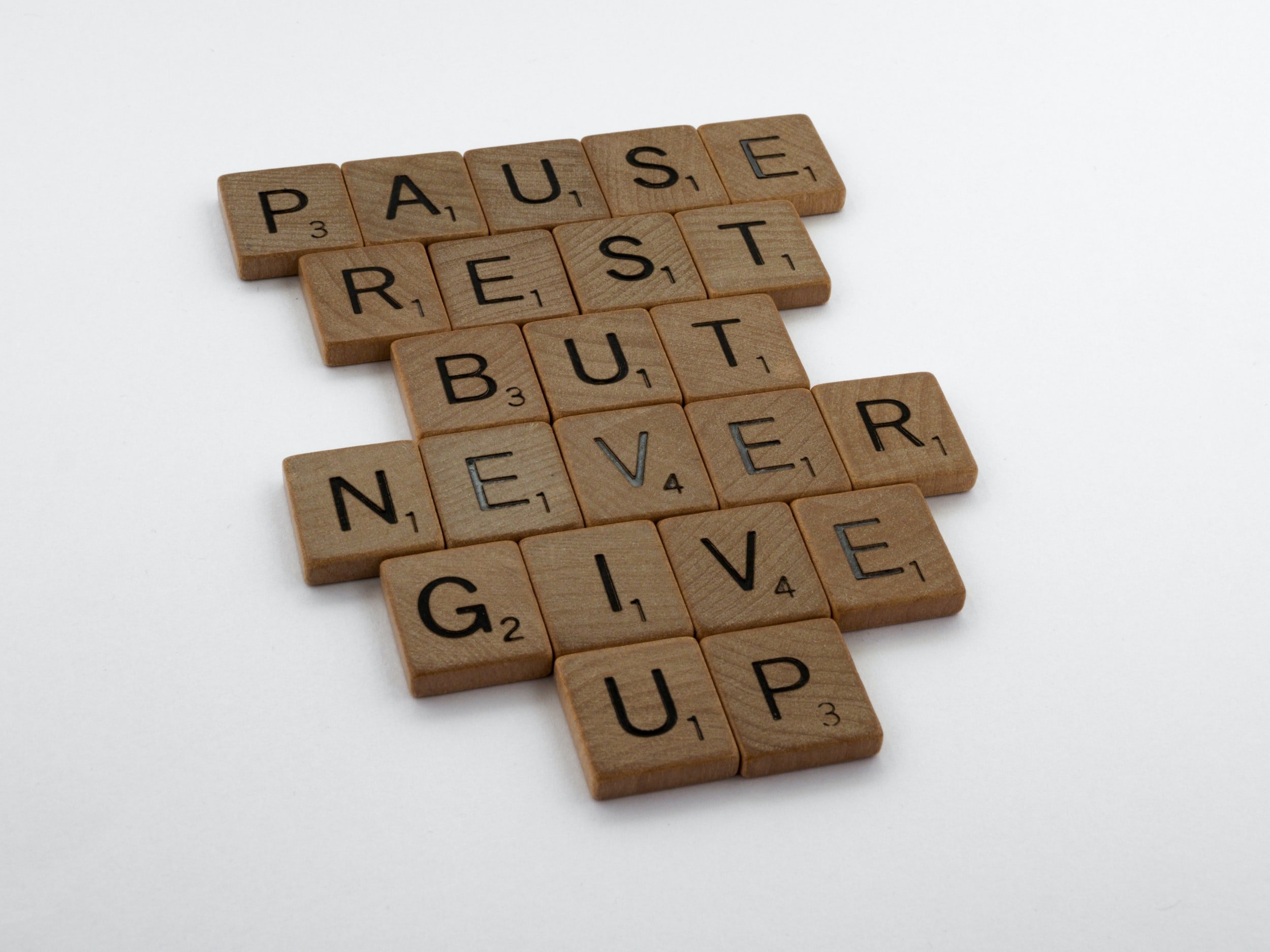Finding a therapist is no easy feat. From insurance to personality compatibility to coordinating schedules, searching for the right mental health professional can be understandably overwhelming. This article is meant to guide you through the process, covering how to find the right fit, how to tell if they’re the right fit, and how to measure quality of care.
Where to begin your search
Word of mouth is a great way to find therapists in your area, especially if the recommendation comes from someone who knows you and your needs well. If you do want to pursue a recommendation from a friend, make sure you check that it’s not a conflict of interest to see the same therapist.
If you are insured, a good place to start is your insurance company’s directory of in-network professionals.
If you are uninsured or you’re looking for alternative search engine options, here are some alternative places to look for a therapist.
“Open Path Psychotherapy Collective is a nonprofit nationwide network of mental health professionals dedicated to providing in-office and online mental health care—at a steeply reduced rate—to clients in need.”
“Seeking therapy can be a vulnerable process. We understand. We aim to make it simpler and safer for people in marginalized communities. Find a culturally responsive, 2SLGBTQ+ affirming therapist that celebrates your full identity”
APA is the leading scientific and professional organization representing psychology in the United States, with more than 133,000 researchers, educators, clinicians, consultants, and students as its members.
“We are an online community of mental health professionals seeking to make the experience of finding a therapist easy.”
“So often the stigma surrounding mental health issues and therapy prevents Black women from taking the step of seeing a therapist. This space was developed to present mental health topics in a way that feels more accessible and relevant.”
Considerations for your search parameters
Finding the name of a therapist is one thing, but it’s an entire other thing to find a therapist who works for you and your needs.
When you’re considering what might make a therapist a good fit for you, think first of whether or not you have any identity preferences such as gender or race that would allow a therapist to relate to certain experiences.
Before meeting with a therapist, try to do initial phone screenings of several options to ask about their specialties, whether they have experience with your specific issues, what structure their sessions usually follow, and any other information that you might need.
Logistical factors you may need to take into consideration are location, cost, mutual schedule availability, and the therapist’s availability outside of sessions, such as for emergencies.
How to tell if they’re the right fit
You feel comfortable being vulnerable around them (at least relative to others)
They have strong, clearly communicated boundaries about their policies and personal life
You are able to share concerns about the therapeutic relationship and they respond with openness and a desire to problem solve
They respect your values and identity
They guide you to your goals and coach you to be able to make your own decisions
They challenge you in constructive ways. For example, they might ask you to reconsider a self-deprecating statement and work to get to the root of the thought in order to unpack it
Signs that they’re not a good fit
They have no experience with your issue(s)
They overshare about themselves
They tell you what to do rather than guiding you to make your own decisions
You regularly feel worse after your session
It will take some time to find a therapist who works for you and when you’re in need of help, that can be discouraging. Perhaps try asking a trusted friend or family member to aid you in your search and/or ask them to sit with you for moral support while you do it. Once you do find a good therapist, it will be worth it. Simply wanting to seek help is a huge first step so show yourself gratitude for taking the time to read this. If you are seeking therapy for concerns related to sexuality or your relationships, consider reaching out to Embrace Sexual Wellness to see if our team might be a good fit for you.



































